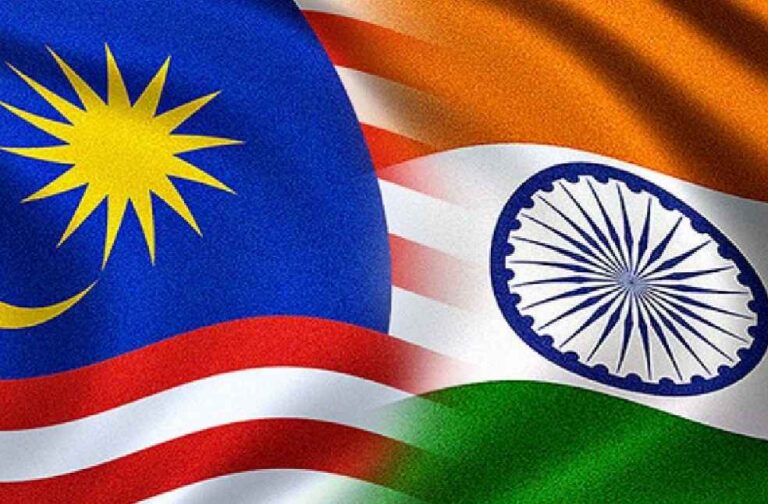The Ministry of External Affairs announced a crucial shift in trade protocol between India and Malaysia that is set to bolster bilateral ties. Effective immediately, trade transactions can be conducted in the Indian Rupee (INR), a strategic decision aligned with the Foreign Trade Policy (FTP) 2023, which manifests India’s ambition to position the rupee as a global currency.
This move is expected to streamline trade between the two nations by mitigating transaction costs and promoting the use of local currencies, further reducing dependency on the US dollar. The innovative move underscores a broader trend of currency swap agreements geared towards decreasing the global reliance on the dollar as the principal currency in international trade and finance.
India and Malaysia, with their rich tapestry of trade and investment ties, stand to gain significantly from this initiative. Despite the strong bilateral trade growth in recent years, a majority of the transactions have been executed in US dollars, resulting in added transaction costs and currency risk. This switch to local currencies could alleviate these challenges, catalyzing increased trade and investment activities.

Especially advantageous for small and medium-sized enterprises (SMEs), this initiative offers a shield against currency fluctuations, allowing businesses to concentrate on their growth without the constant worry of currency risk management.
This groundbreaking pact between India and Malaysia has a broader regional impact. Both countries hold significant sway in Southeast Asia and South Asia respectively. Their decision could inspire other nations in these regions to consider similar arrangements, thereby fortifying regional economic bonds and reducing the regional dependency on the US dollar.
However, it is also crucial to address potential risks associated with trading in local currencies. Trading in local currencies could lead to heightened volatility in exchange rates, particularly if a currency experiences significant fluctuations in value. This increased volatility could counterbalance the advantages of local currency trade.

Additionally, the use of local currencies could impose an extra layer of complexity and administrative burden on businesses. SMEs, in particular, might struggle to cope with the added paperwork and compliance requisites that come along with local currency trade.
Despite these potential challenges, the consensus between India and Malaysia to trade in local currencies promises to deliver considerable benefits. This initiative can potentially lower transaction costs, promote economic integration, and lessen dependence on the US dollar. The risks involved warrant careful monitoring, and necessary mitigation strategies must be employed.
The integration of the Vostro Account system further enhances the trade process. This system involves a domestic bank holding an account on behalf of a foreign bank in the domestic currency, facilitating international banking services for clients with global requirements. It offers a variety of services like currency conversion, payment processing, and account reconciliation, thereby facilitating smooth trade operations between the two nations.

This strategic decision to allow trade in the Indian Rupee represents a significant leap in the strengthening of bilateral relations between India and Malaysia, offering a model for similar future initiatives in the region
LATEST NEWS: Indonesia-PNG Relations Boosted: Widodo’s Visit Spurs New Era of Cooperation



